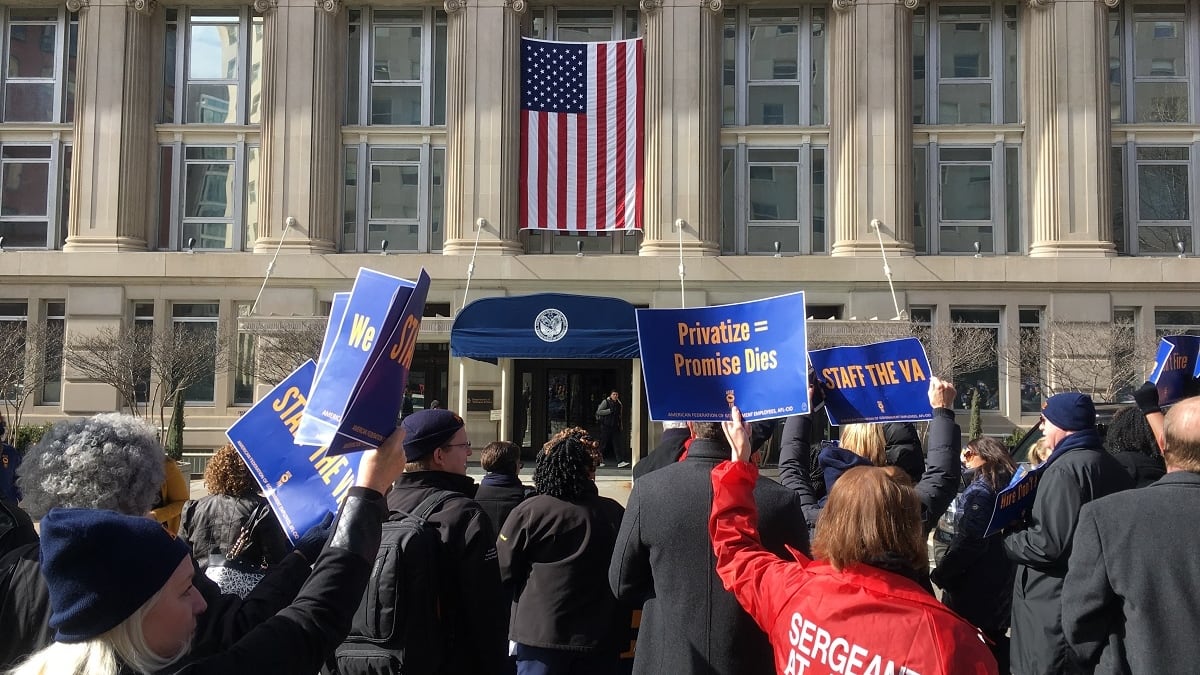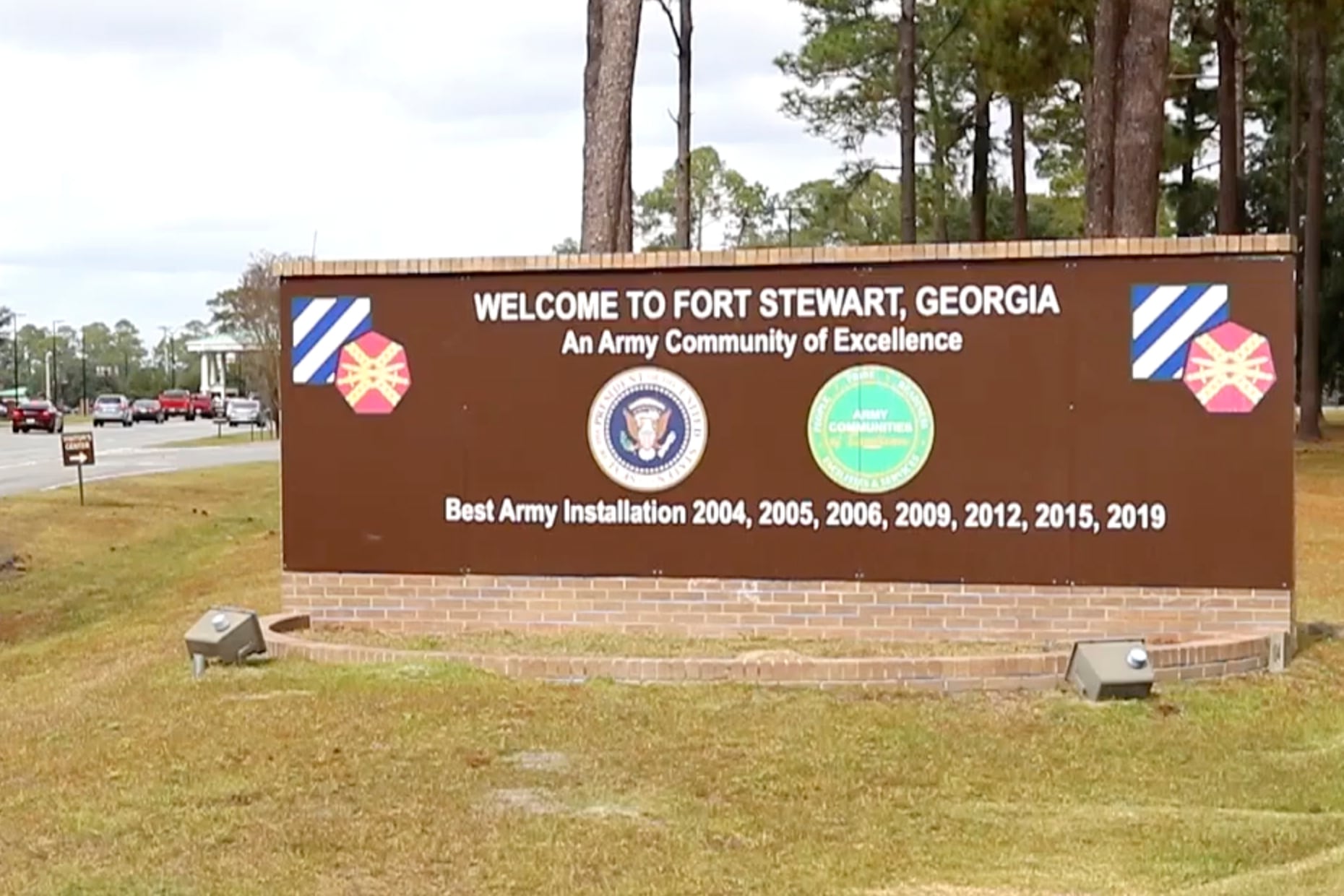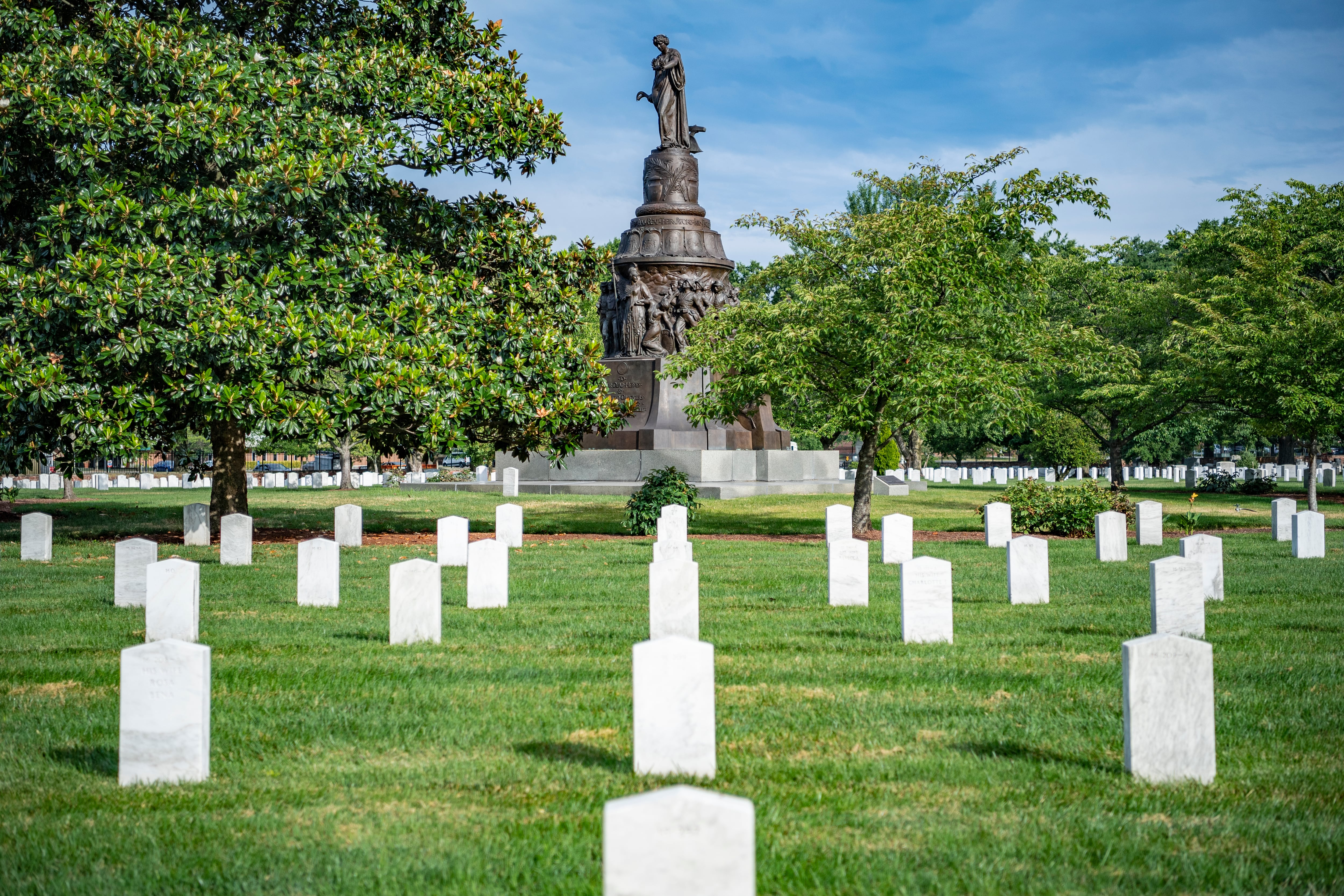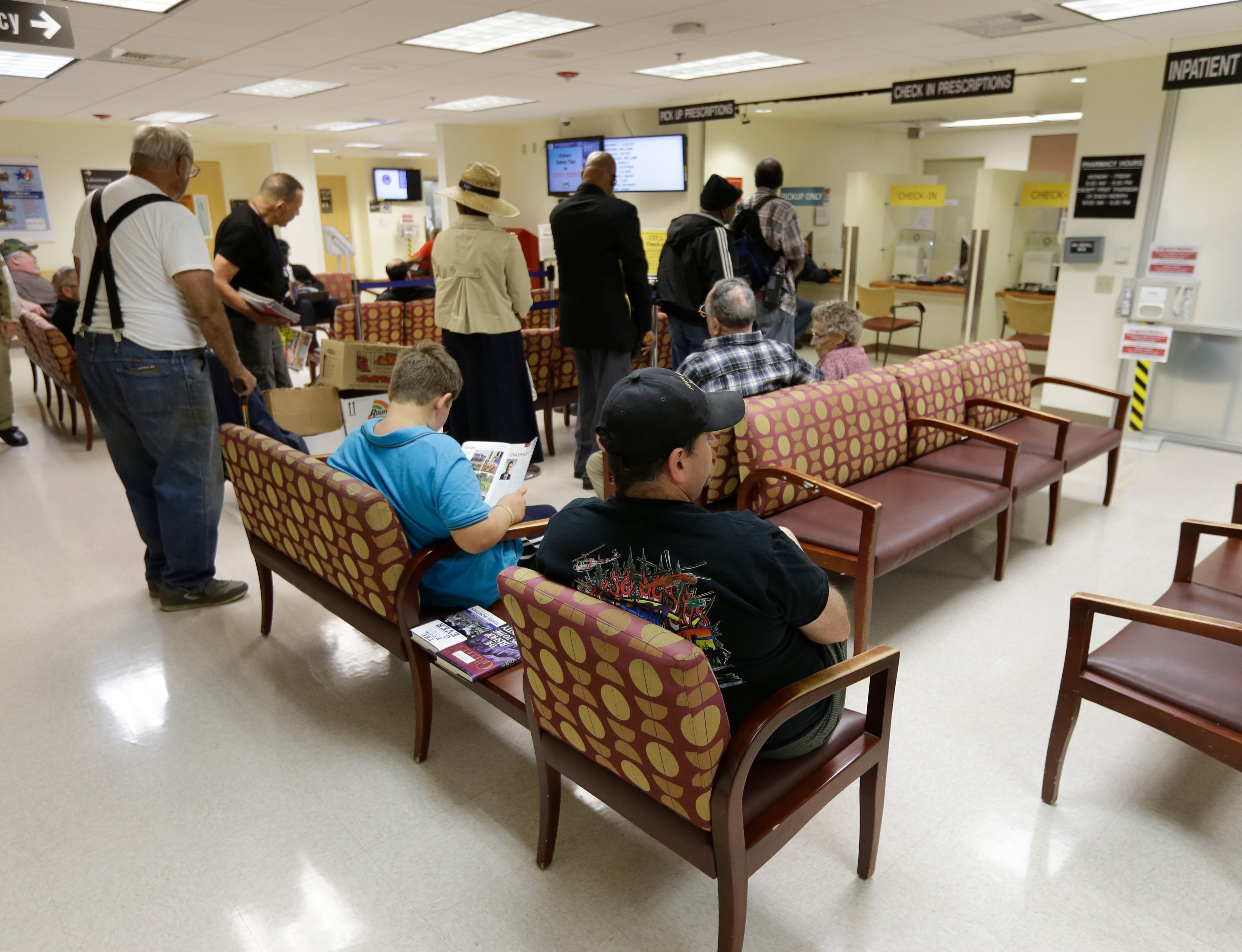In the eight years since the Pentagon opened previously closed special operations jobs to women, just four have entered the training pipeline to become a Navy SEAL.
Only 17 women have attempted Marine Raider training in that same timeline. None of those applicants went on to secure a position on a SEAL or Raider team.
That’s according to new data compiled by the military services at the request of the Pentagon-appointed Defense Advisory Committee on Women in the Services.
The information provides a rare snapshot into military efforts to breach what is effectively the last frontier of gender integration: the elite and physically demanding units that operate in secrecy and conduct the most complex and high-stakes missions.
RELATED
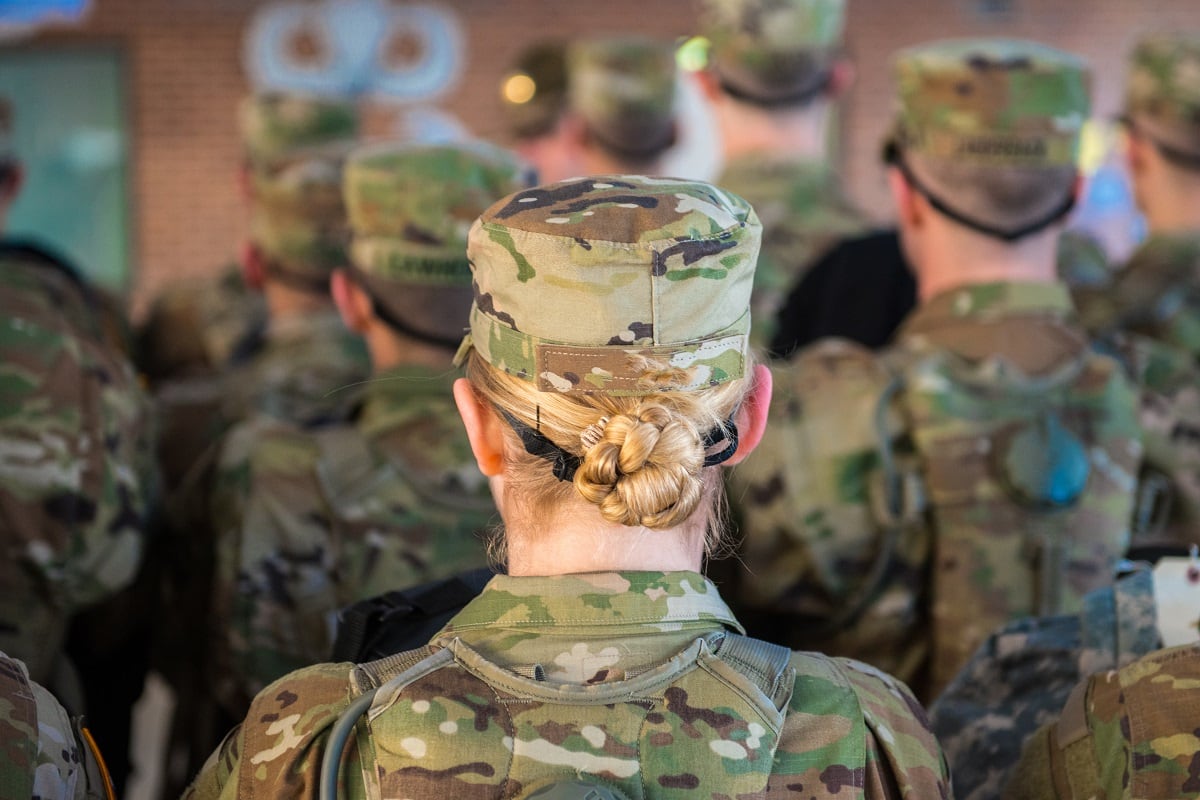
Data shows some services have had more success than others in attracting female candidates for special operations.
In the Air Force, 54 women have entered training to join the special tactics, combat rescue and pararescue, tactical air control party and special reconnaissance career fields since 2016, with a handful successfully completing training and joining units.
Today, the Air Force has one female special tactics officer and one officer and two female enlisted tactical air control party airmen. The data also reveals for the first time that the Air Force quietly welcomed its first female enlisted special reconnaissance airman in 2022.
The Army has seen 41 women volunteer for Special Forces assessment and selection ― the first phase of the service’s Special Forces Qualification Course, also known as the “Q” Course.
Three female soldiers have graduated from the Q Course, earning the coveted Green Beret, and received assignments in Special Forces groups, according to service data. One female soldier, at the time of the data compilation, was currently attempting the course.
And in the Navy, a few women have entered special operations via the combatant craft crewman boat teams. Data shows nine women have entered the pipeline for small boats, and two have graduated and are currently serving on teams.
For U.S Special Operations Command, which oversees the services but does not conduct recruiting efforts, bringing more women to the table is not a neutral proposition, according to Gen. Bryan Fenton, Special Operations Command commander.
“Strong teams are diverse,” Fenton told Military Times in a statement. “Diversity of thought, education, experiences, culture, gender, race, and creed … all provide value to special operations.”
Fenton added that the number of uniformed women serving in special operations ― including those in operator and support roles ― has increased significantly in recent years. The overall proportion of women in special operations forces has ramped up from 7.9% in 2016 to 12% in 2023, officials said.
“To ensure that U.S. Special Operations Command draws upon the widest pool of talent,” Fenton said, “the SOF Enterprise has continued to progress in supporting women’s ability to join, serve, and advance within the SOF community, including among our most elite units.”
These efforts vary in approach and specificity from service to service.
Information provided by Special Operations Command specifically cited the Army’s Women in Army Special Operations Forces study, the results of which were first reported by Army Times and pointed to a need for greater cultural acceptance of women as well as practical considerations including better-fitting equipment and accessible child care.
Officials also pointed to a 2023 Naval Special Warfare initiative that expanded the number of female instructor billets from four to 11 at Naval Special Warfare Basic Training Command and Naval Special Warfare Assessment Command in Coronado, California, “to normalize the presence of women in the training pipeline.”
As the service with the fewest female operator candidates, the Navy has also made “a concerted effort” in recent social media postings and website material to get the word out about opportunities to potentially qualified candidates, officials said.
Naval Special Warfare spokeswoman Lt. Cmdr. Chelsea Irish further expanded on these efforts.
Since 2016, the command has “significantly enhanced” recruitment, she said. That has included standing up a Naval Special Warfare Assessment Command focused on national outreach in 2022.
In 2023, she said, that new command organized 40 events across the country and brought diverse groups, including female athletes, on visits to Naval Amphibious Base Coronado, California. A Naval Special Warfare Assessment Command digital campaign featured NASCAR driver Hailie Deegan, she said.
It’s not yet clear how effective these measures are. Between 2022 and 2023, three women attempted combatant craft crewman training and one entered SEAL training, data shows.
“As (Naval Special Warfare) continues to develop a dynamic and capable force ready to take on the demands of strategic competition, we do so together with inclusive teams that benefit from unique experiences and perspectives,” Irish said.
The Marine Corps, which unlike the other services draws all its Raider critical skills operators and officers from the population of currently serving Marines, has held steady on its recruiting approach, according to Maj. Timothy Irish, a Marine Corps Forces Special Operations Command, or MARSOC, spokesman.
Irish said the command’s recruiting team engages with 100% of eligible enlisted women before holding screening events, and sends “awareness” cards to all boot camp and Officer Candidate School attendees.
“We believe our efforts to make 100% contact with the eligible officer and enlisted population of female Marines is the answer,” Irish said. “MARSOC has made a concerted effort to address existing recruiting ads, videos, and other materials to include images of women.”
While 17 women have attempted Marine Corps Forces Special Operations Command assessment and selection, none have progressed to the command’s Individual Training Course, which formally begins the Raider training pipeline. Interest in opportunities at the command may be increasing: Between 2022 and 2023, seven women attempted assessment and selection, more than in the previous three years.
The Air Force, which saw a peak of 14 women entering the special operations training pipeline in 2021 and had 10 pipeline entries over the past two years, credits its relative success in recruiting female candidates in part to grassroots efforts including the airman-led Air Force Special Operations Command Women’s Initiative Team, which identifies barriers to service and presents solutions.
Among efforts spearheaded by this team include policies allowing Bluetooth-enabled breast pumps in secure spaces and on aircraft, and advanced bladder relief devices on Air Force Special Operations Command planes to allow female airmen to urinate in comfort, said spokeswoman Lt. Col. Rebecca Heyse.
Heyse acknowledged the women already serving on elite teams, including two officers and three enlisted airmen.
One of those officers was the subject of a 2022 controversy after a leaked letter alleged she had quit training and been offered the chance to return, counter to service policy. An Air Force inspector general probe found the candidate did not receive preferential treatment, and the incident resulted in clarifications to training policy.
“For (operations security) purposes, we do not discuss young operators, male or female, in detail to make sure we preserve all future developmental and assignment possibilities,” Heyse said. “These women will develop as operators at the units and when the time comes ― probably in a couple of years ― we’ll be able to talk about them more.”
Of all the services, the Army perhaps has been the most aggressive in working to attract women to special operations.
While just 41 women have attempted Special Forces assessment and selection, another 916 have attempted assessment and selection for civil affairs and psychological operations, which also fall under Army Special Operations.
U.S. Army Special Operations Command spokesman Col. Mike Burns pointed to the command’s Women in Army Special Operations Forces Initiative, which identifies opportunities to create equitable policies.
During a partnered event with the XVIII Airborne Corps, Burns said, the group collected size measurements from female soldiers to assist with the creation of better-fitting future uniforms.
The event, he said, resulted in 50 new leads for women interested in learning more about Army Special Operations Forces opportunities. United States Army Special Operations Command Command Sgt. Maj. JoAnn Naumann, also plans to engage with women during an upcoming command visit to West Point during a physical training session, an address to the women’s lacrosse team and a leadership panel, Burns said.
In 2022 and 2023, 10 female soldiers attempted Army Special Forces assessment and selection. The highest enrollment year was fiscal year 2019, with 19 candidates.
“The unique talents and attributes allow the command to defend the nation without fear, without fail, without equal,” Burns said. “Together we will continue to provide the nation’s premier special operations element by attracting and retaining America’s top soldiers.”
Hope Hodge Seck is an award-winning investigative and enterprise reporter covering the U.S. military and national defense. The former managing editor of Military.com, her work has also appeared in the Washington Post, Politico Magazine, USA Today and Popular Mechanics.

